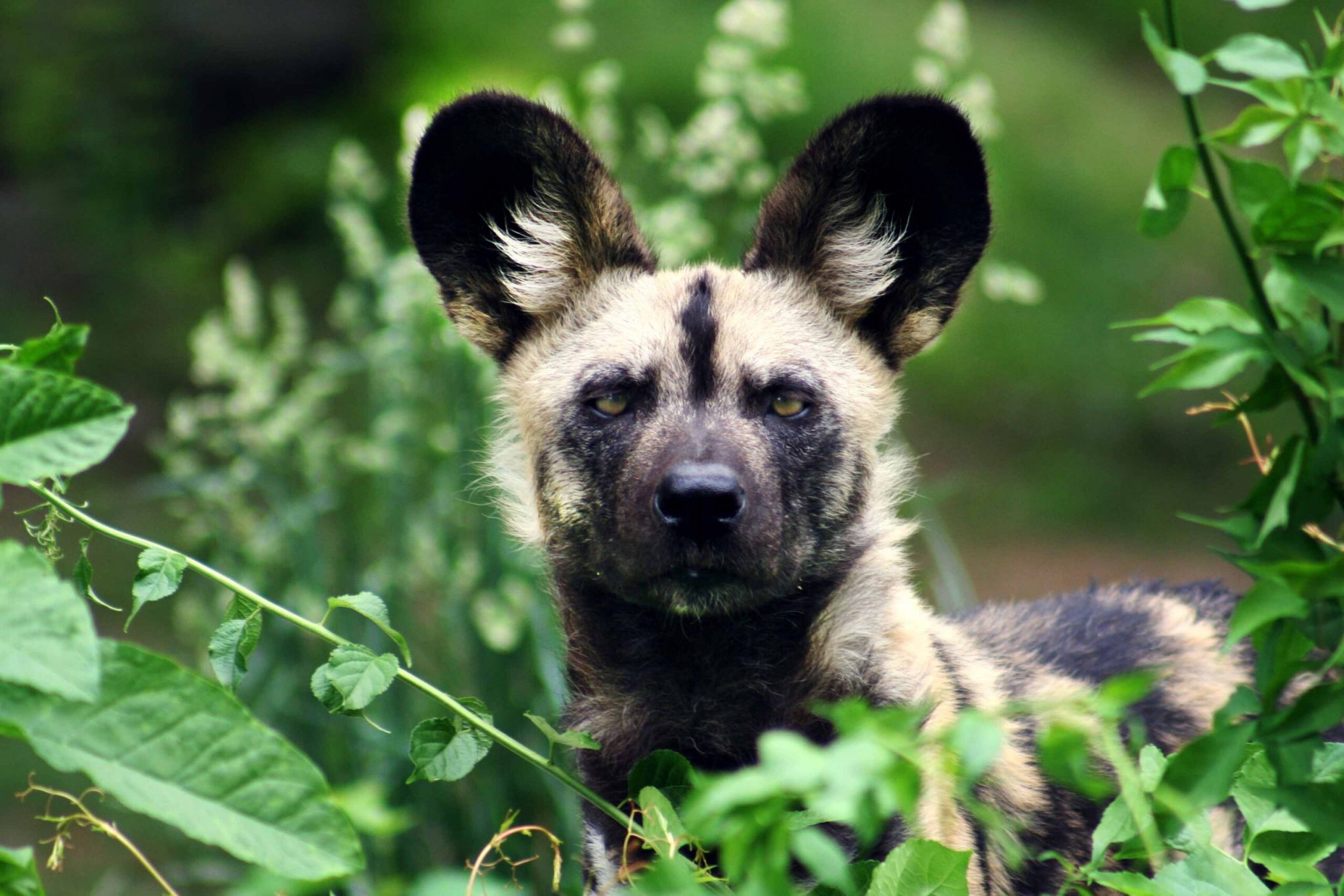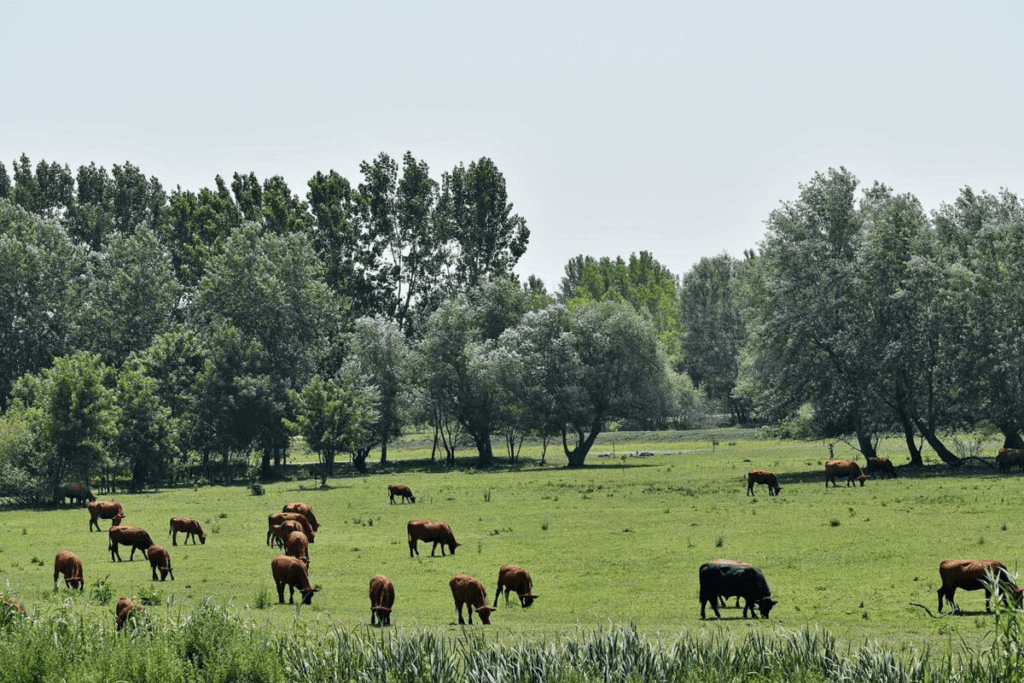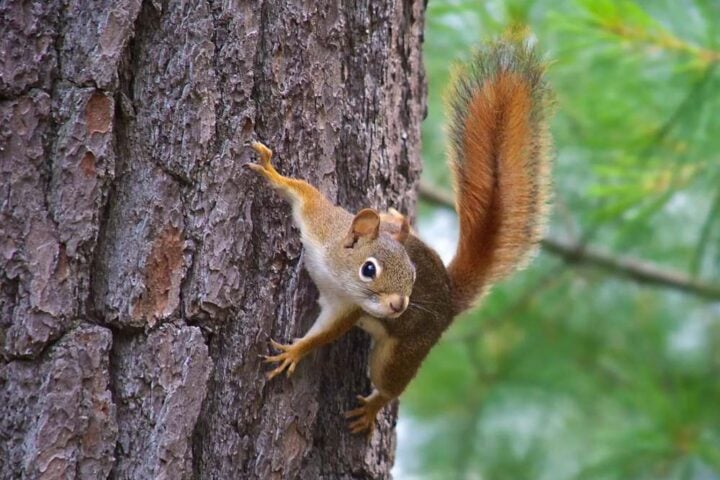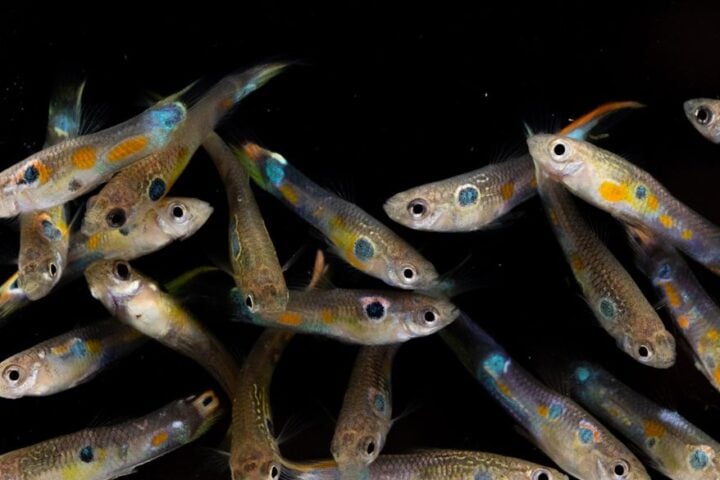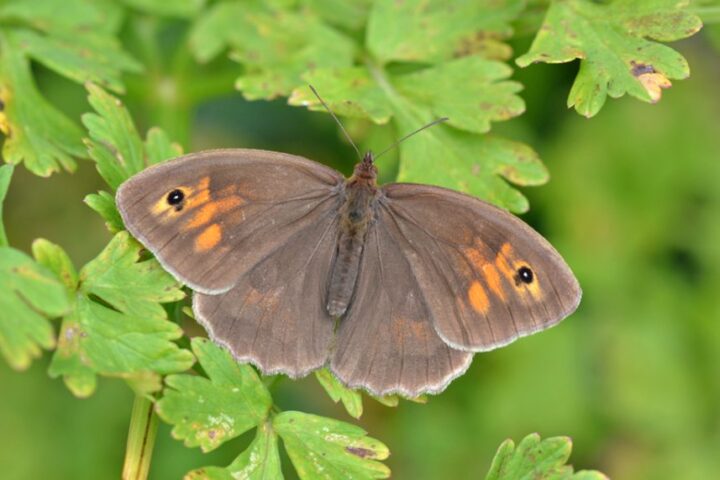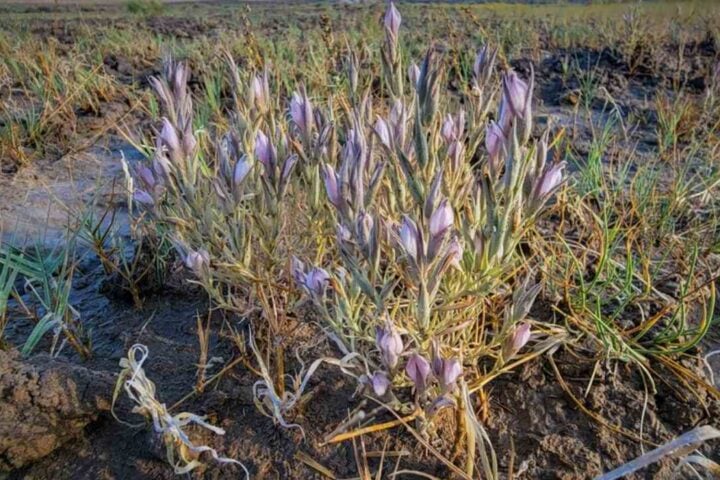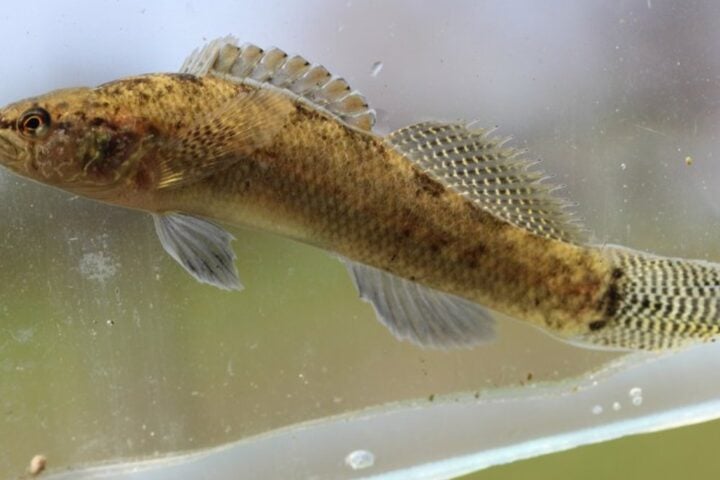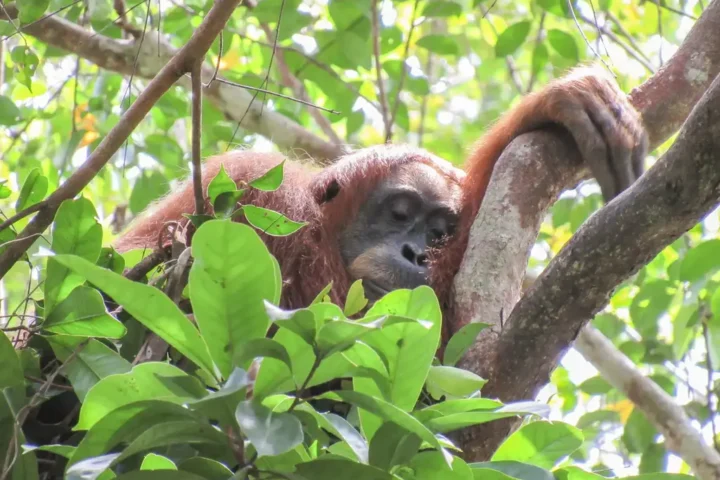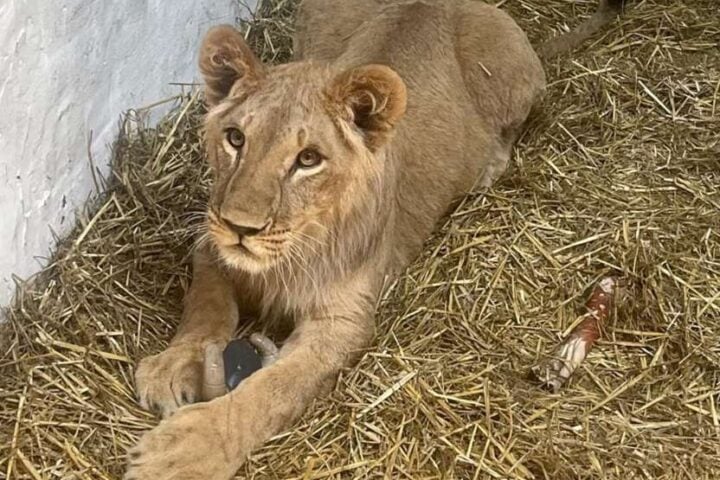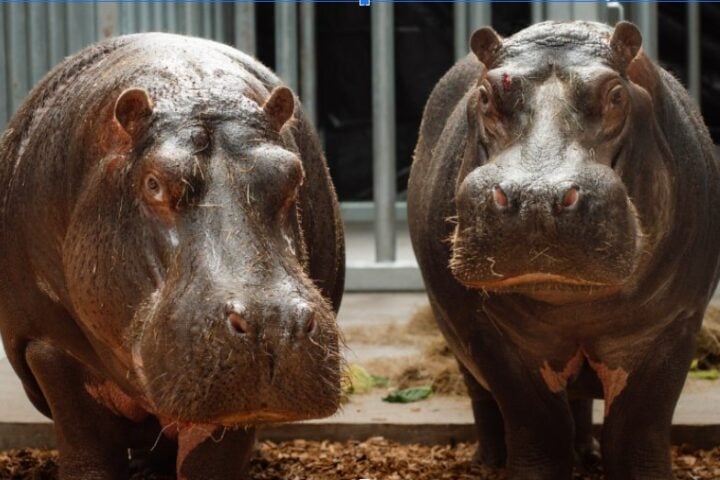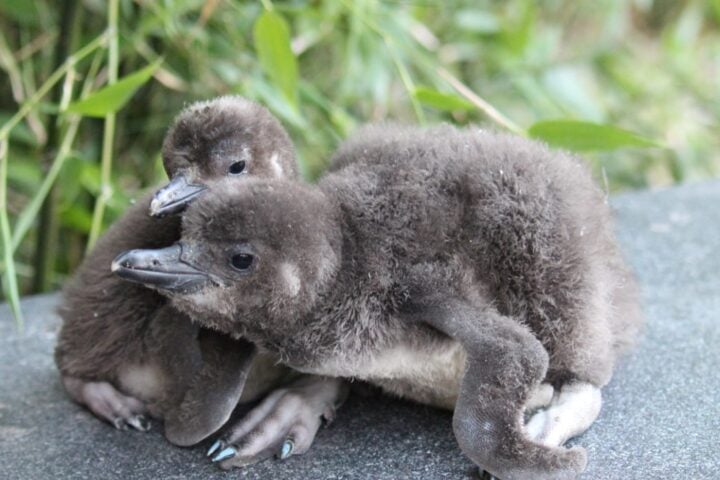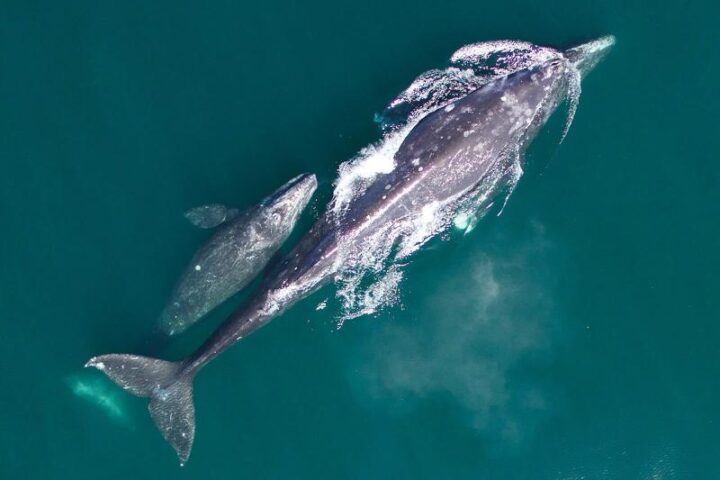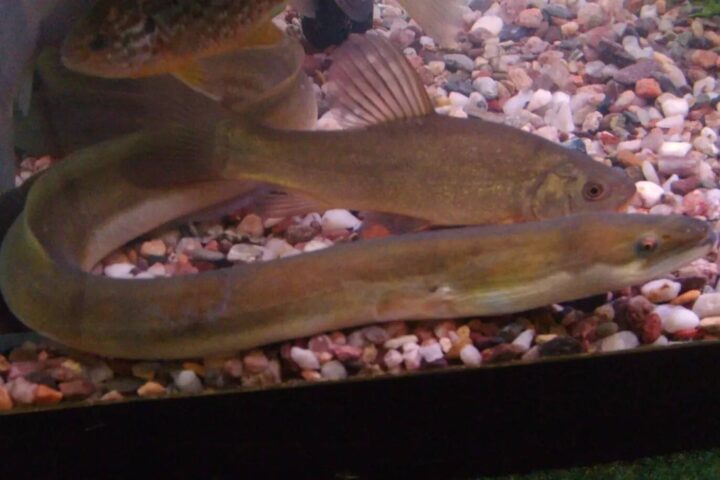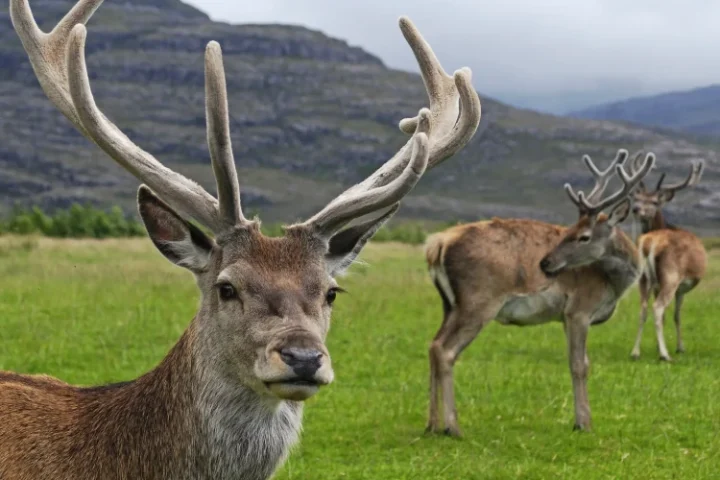The research article named “Long-term, climate-driven phenological shift in a tropical large carnivore” co-authored by Briana Abrahms, Kasim Rafiq, Neil R. Jordan, and J.W. McNutt and edited by Susan Harrison of University of California talks about how a climatic change induces a phenological shift in mammalian carnivores, especially African wild dogs.
Phenological shift can be observed with the changes in the climatic conditions in the history of events. The environmental changes with time can alter the bioclimatic conditions influencing the growth of living bodies. Trees are mostly observed to change due to phenomenological shifts but the changes can also be observed in mammals.
The researchers say that climate change influences some species to thrive in certain environments and some species to become extinct. According to the researchers a lack in investigation has resulted into not knowing the predators of the upper trophic level also changes with the ecological consequences. The team of researchers has used a 30 year old dataset on African wild dogs to document climate induced phenological changes. Researchers have stated that the phenological shift could have caused the species of large mammalian carnivore to reproduce less, develop non-adaptability to rapid climate changes. Researchers are claiming to demonstrate how climate shift has caused a massive effect influencing the uppermost trophic levels of the ecosystem.
According to the researchers species living at a low altitude or high trophic levels are observed to show comparatively weaker phenological responses. However, they have also mentioned that a limited amount of data collected from low altitudes can be a result of this investigation. That’s why the researchers are ready to conduct a study on the top predators of the tropical system. They have also stated that a lack of phenological research on top predators can lead to limitations on climate research throughout the ecosystem.
In this study, the researchers have used a 30-year-old data set on endangered African wild dogs species scientifically called Lycaon pictus. Researchers have observed factors such as changes in reproductive phenology, potential fitness, and changes in temperature affecting the birth and denning over time. They have hypothesized from the study, “their phenology shift track a stable thermal range over time.”
They conducted the study with data samples from 60 packs and observed that 141 pack-years revealed that the wild African dog delayed giving birth by 7 days per decade on average in response to temperature shifts. Researchers determined that temperature changes do affect birth rates in a relative way. An increased amount of denning temperatures can be associated with reduced reproductive success and a high chance of the species becoming maladaptive to the phenological shifts.
Researchers further added that after having an understanding of the species traits and environmental contexts, it can be stated that large phenological shifts in species can be expected to occur with climate change.
